Kenya Bids Farewell to a Political Titan: Thousands Gather for Raila Odinga’s State Funeral
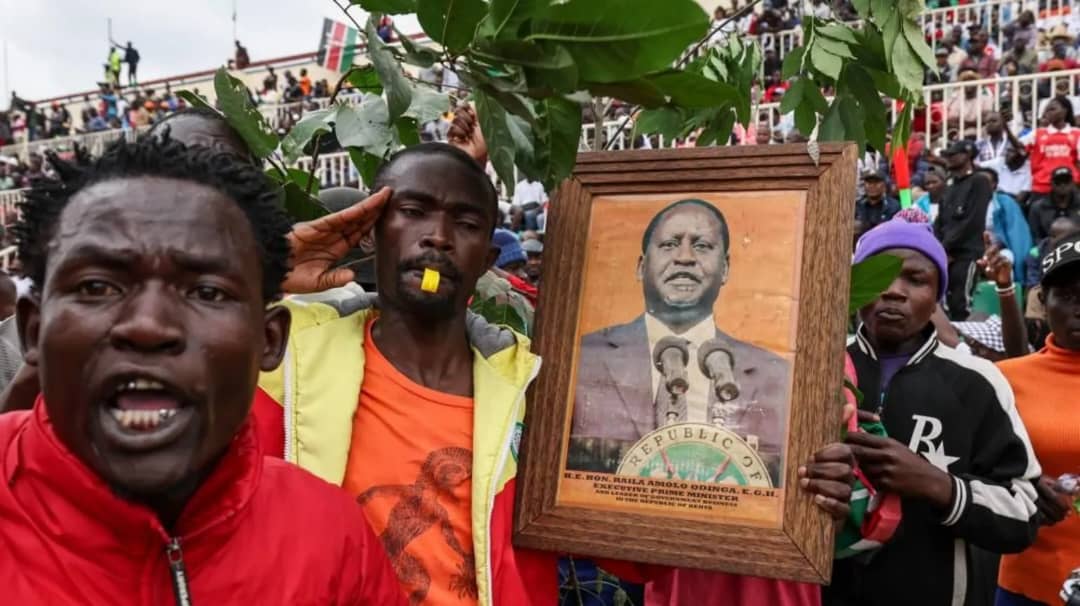
In an emotional and historic send-off, thousands of Kenyans gathered at the Nyayo National Stadium in Nairobi on Friday to pay their final respects to former Prime Minister Raila Odinga, a towering figure in Kenyan politics who died at the age of 80. The state funeral, marked by both solemnity and fervor, was a testament to Odinga’s enduring legacy as a champion of democracy and a symbol of resilience in the face of adversity.
The stadium, draped in the colors of the Kenyan flag, was filled to capacity as mourners from all walks of life came to honor the late leader. Many carried national flags, portraits of Odinga, and wore T-shirts emblazoned with his image, a vivid display of the deep connection he shared with the people. The air was thick with emotion as chants, whistles, and songs echoed through the stands, a poignant reminder of the indelible mark Odinga left on the nation.
The ceremony began with a ceremonial military procession as Odinga’s body was brought into the stadium. Mourners erupted into chants of “Raila usilale, bado mapambano,” a Swahili political slogan meaning “Raila, don’t sleep, the struggle is not over.” The phrase, often used during Odinga’s political campaigns, took on a new meaning as Kenyans appealed to his spirit to remain vigilant in the ongoing fight for justice and equality.
President William Ruto led the nation in mourning, joining mourners in singing Odinga’s favorite reggae song, Jamaican Farewell. The president’s presence underscored the unifying power of Odinga’s legacy, despite their political differences. In her address, Odinga’s widow, Ida, urged Kenyans to uphold peace and unity, values her husband held dear. “Raila hated dishonesty. He hated greed. The greed that has affected the fabric of our society,” she said, her voice steady but filled with emotion.
Former President Uhuru Kenyatta brought a moment of warmth to the somber proceedings, sharing personal anecdotes that highlighted Odinga’s humor and humanity. “Sometimes after work, we would just sit together, talking and laughing,” Kenyatta recalled, reflecting on their complex but ultimately respectful relationship. Kenyatta, who had defeated Odinga in the disputed 2017 elections, later backed his rival’s unsuccessful fifth presidential bid in 2022, a testament to the late leader’s enduring influence.
Bishop David Kodia, who officiated the service, praised Odinga for his humility and integrity. “He never used his political power and money to intimidate people,” Kodia said, a sentiment echoed by many who knew the former prime minister. Earlier in the day, Odinga’s body had been taken to parliament, where MPs and dignitaries paid their respects.
The funeral was not without its challenges. During the extended public viewing of Odinga’s body, dozens of mourners were injured as crowds surged forward in their eagerness to catch a final glimpse of their hero. The Kenya Red Cross reported attending to one person who fainted inside the stadium. Security was tightened in response, with police and military officers deployed to maintain order. Earlier in the week, chaos had erupted when at least three people died as police fired gunshots and tear gas to control crowds escorting Odinga’s body from the airport.
Odinga’s death on Wednesday in India, where he had been receiving medical treatment, sent shockwaves across the nation. A seven-day period of mourning was declared, and his body will be transported to Kisumu, his political stronghold in western Kenya, on Saturday. Members of the public will have another opportunity to view the body before he is buried on Sunday at his farm in Bondo, about 60 kilometers west of Kisumu. According to his family, it was Odinga’s wish to be laid to rest within 72 hours of his passing.
Throughout his life, Odinga was a relentless advocate for democracy and social justice, earning him the nickname “Agwambo” (the mysterious one) among his supporters. He served as prime minister from 2008 to 2013 and was the country’s main opposition leader for decades, contesting five presidential elections. Though he never ascended to the presidency, his campaigns galvanized millions and exposed deep-seated issues in Kenya’s electoral system. Odinga often claimed he was cheated of victory, citing vote manipulation, but his unwavering commitment to the struggle inspired generations of Kenyans.
As the sun set on Nyayo National Stadium, the mood shifted from grief to celebration of a life well-lived. Mourners carried branches and palm fronds, symbols of mourning among the Luo ethnic group to which Odinga belonged, and sang songs of hope and resilience. For many, Odinga’s passing marks the end of an era, but his legacy as a fighter for the downtrodden and a unifier of the nation will endure.
Kenya has lost a giant, but the spirit of Raila Odinga lives on in the hearts of those who continue to believe in the promise of a better tomorrow.



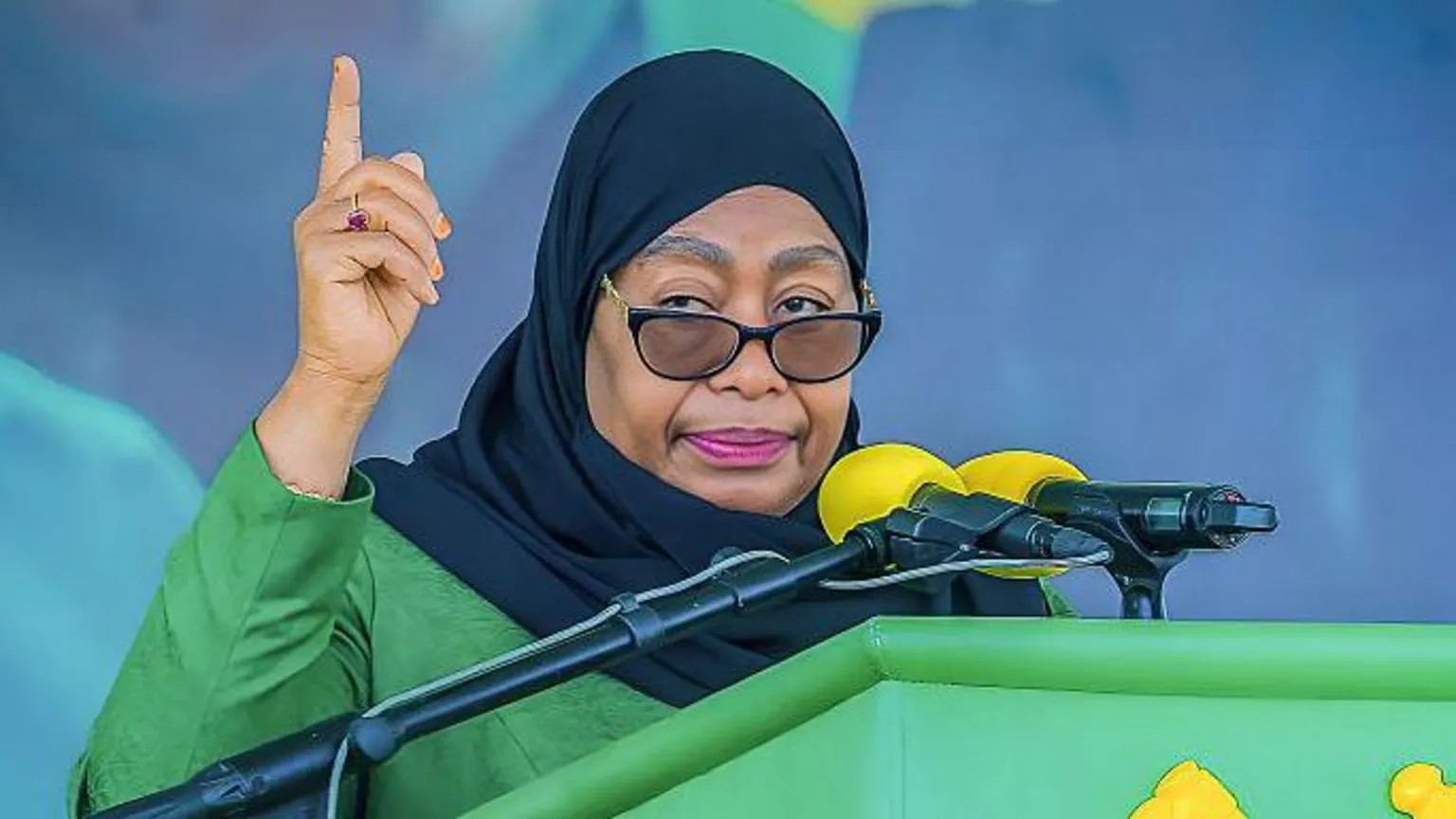
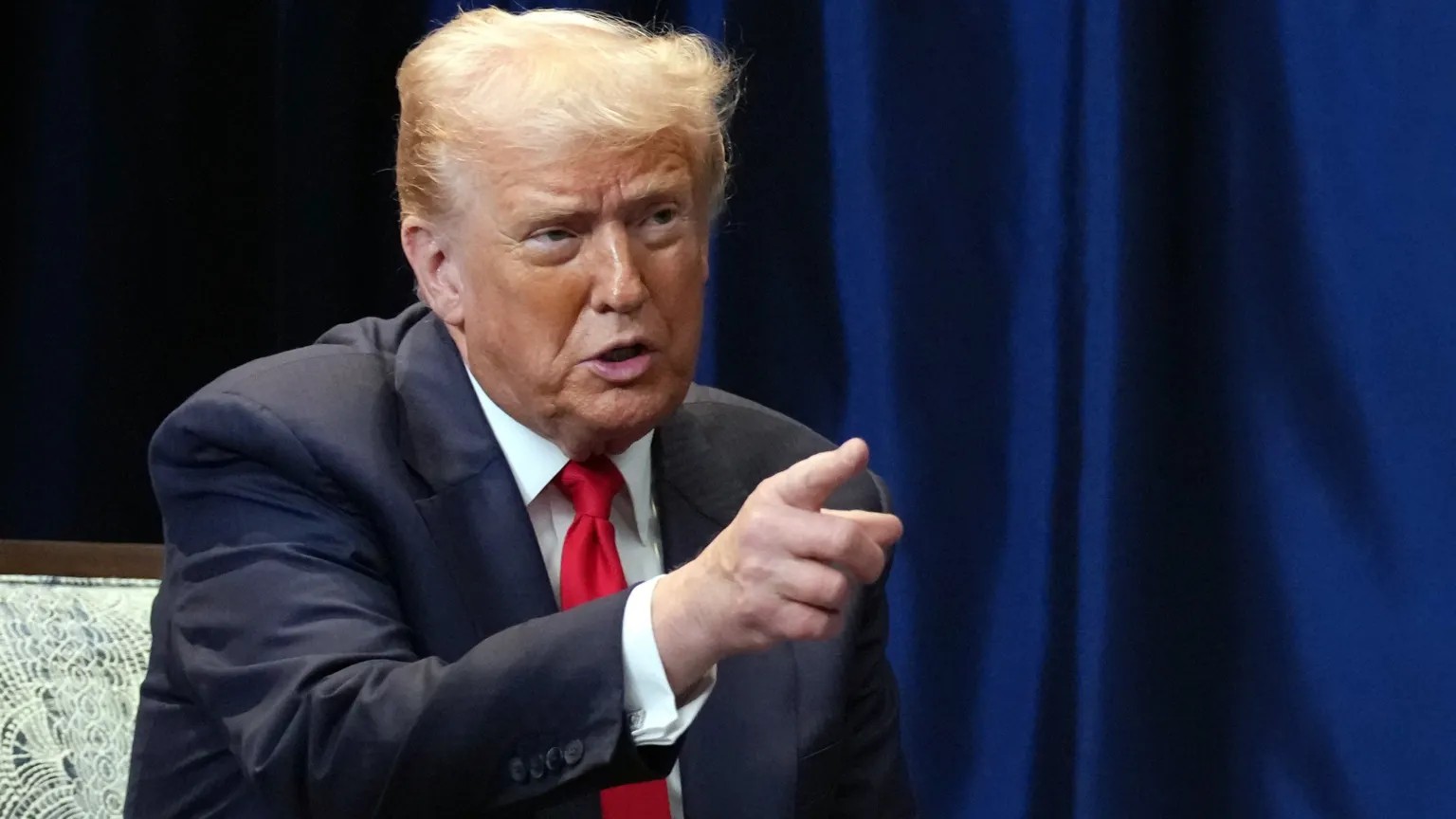
.jpeg)
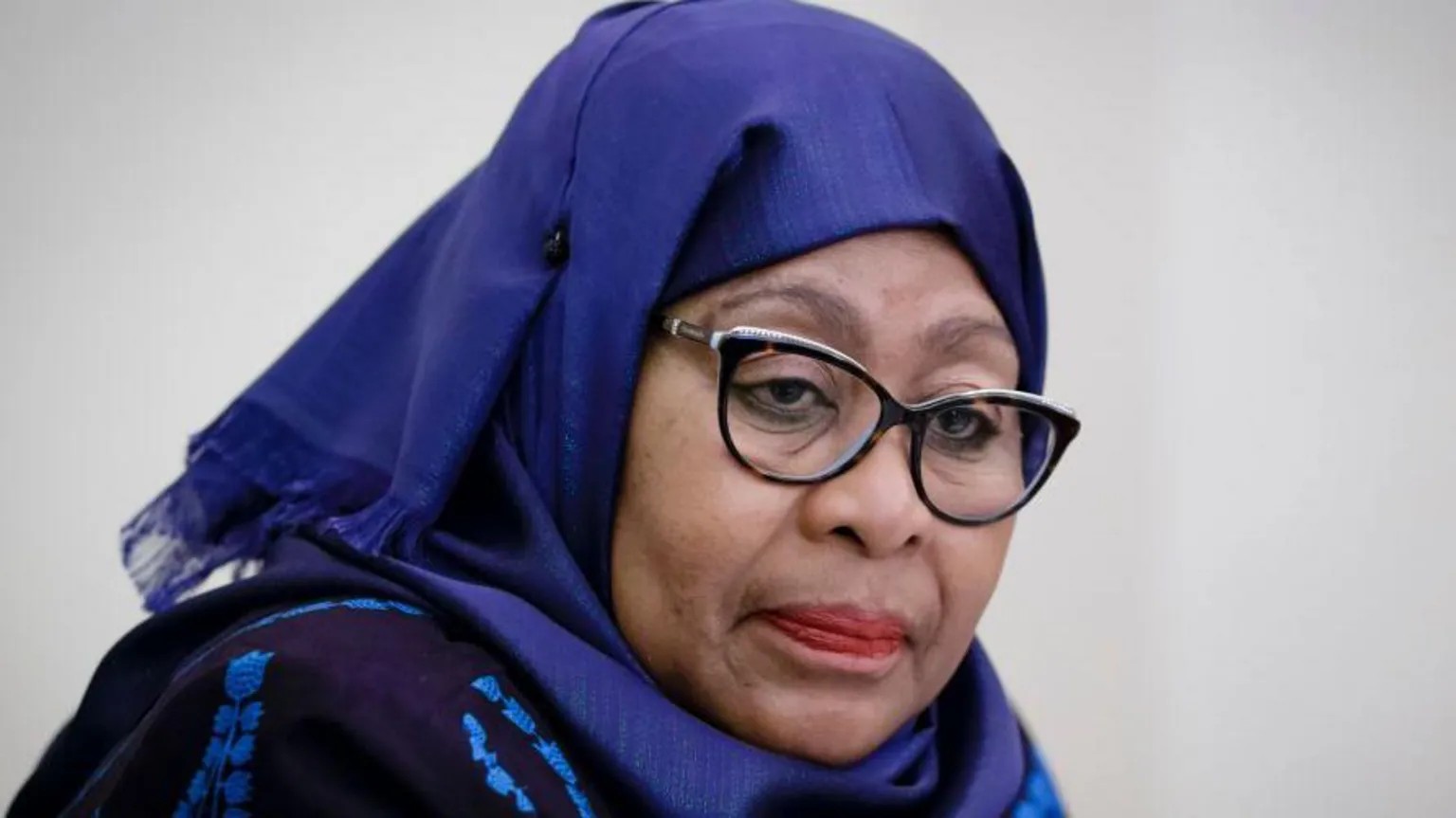
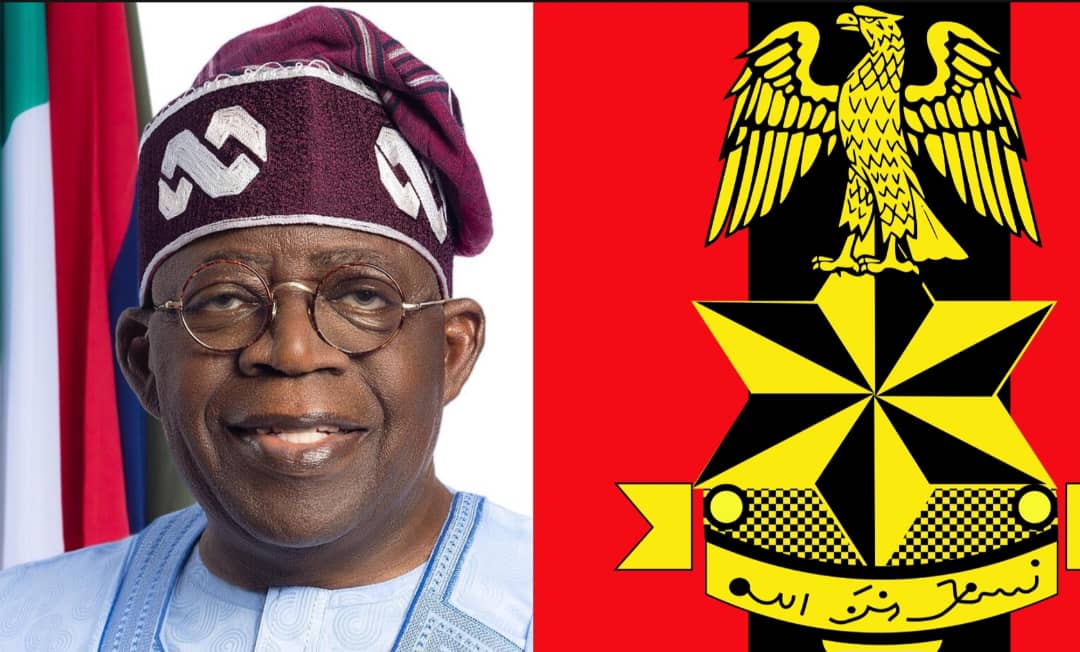
.jpeg)
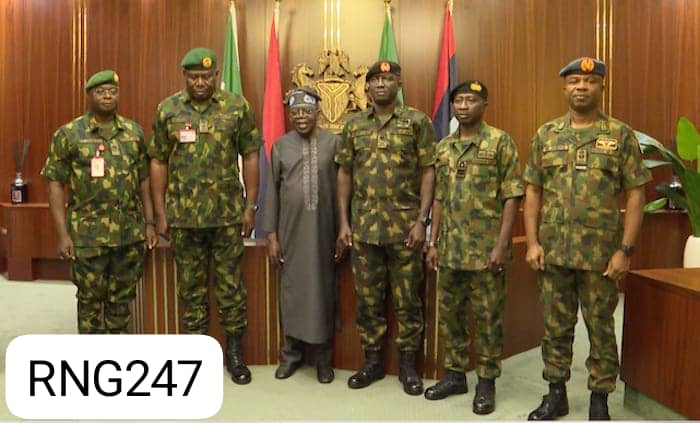
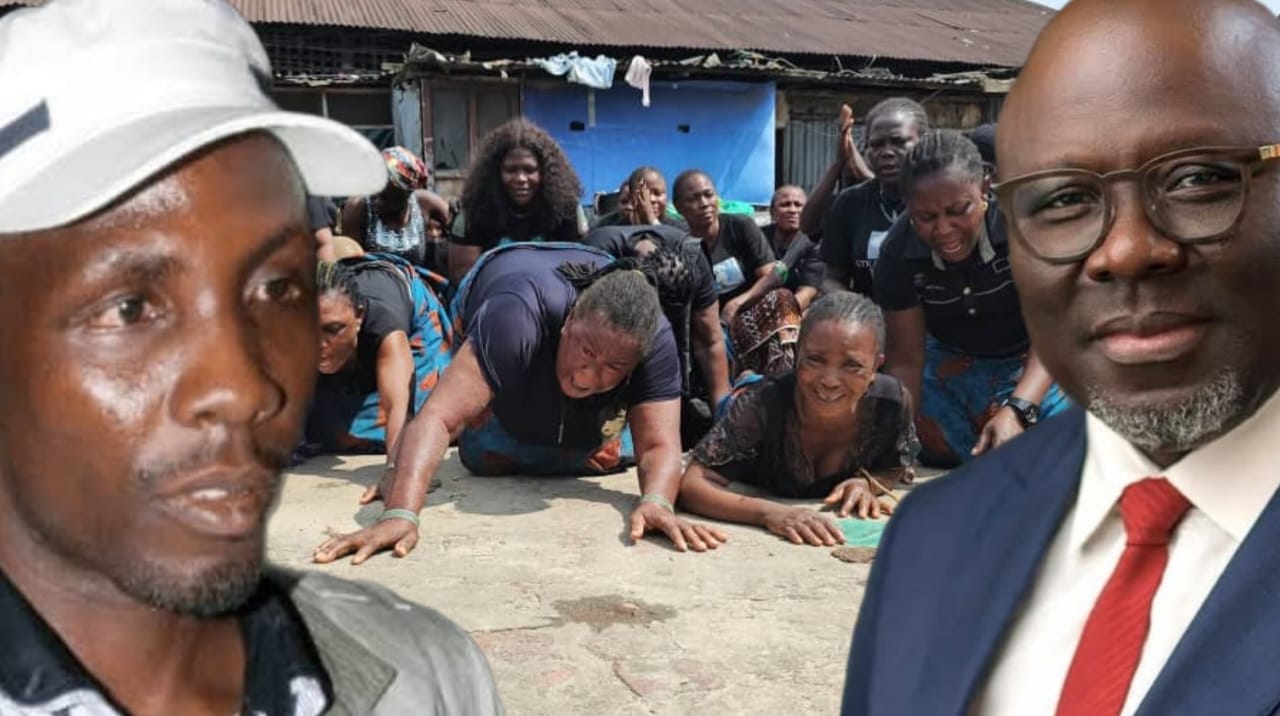
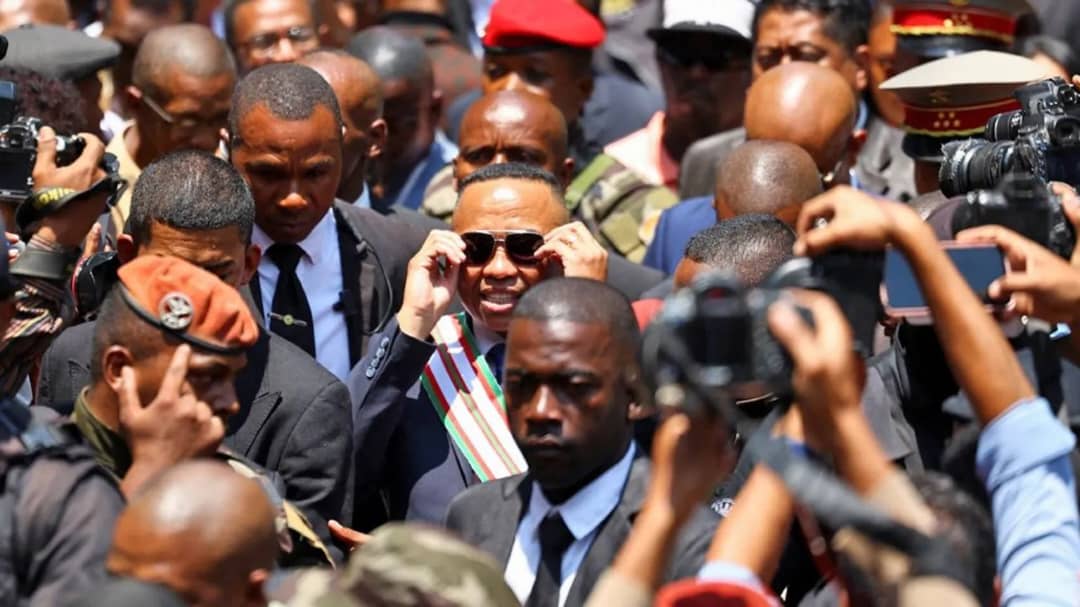

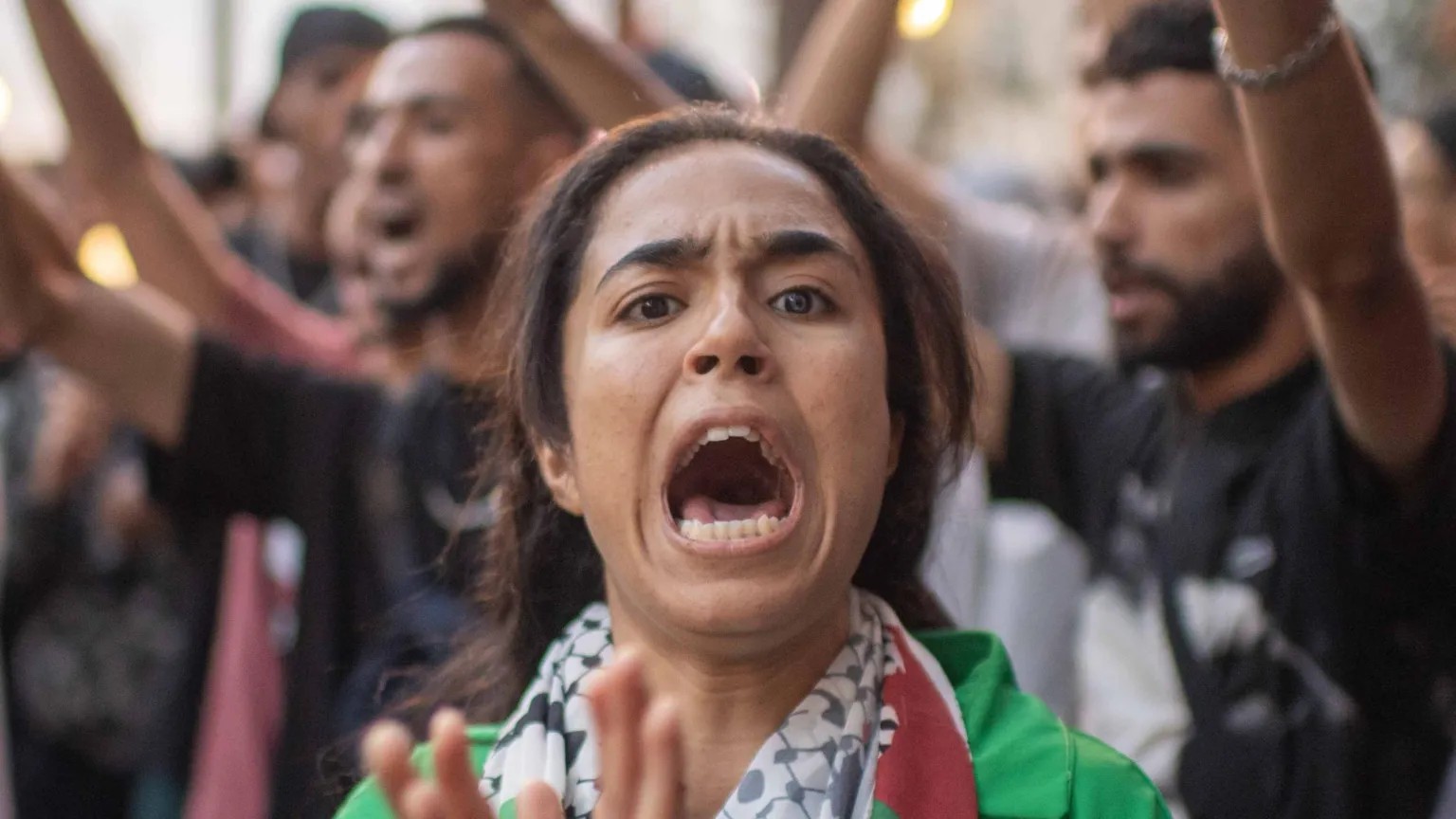
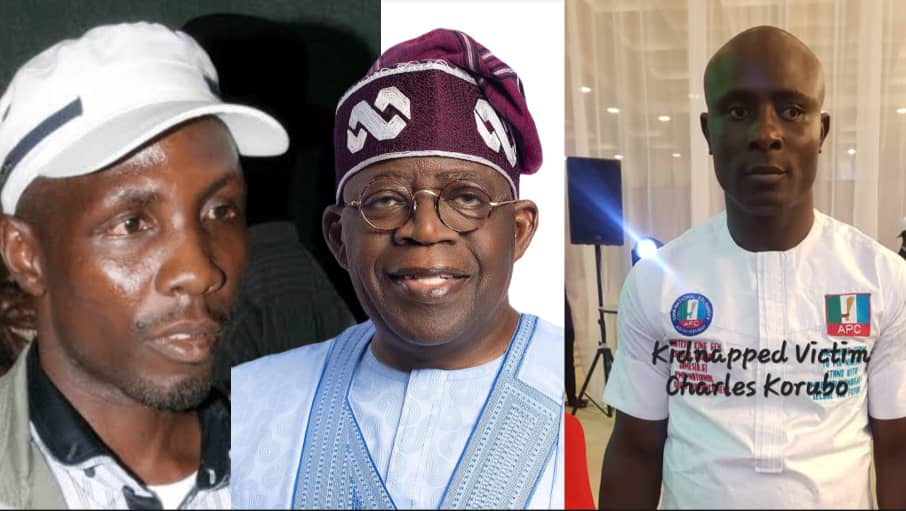

0 Comment(s)